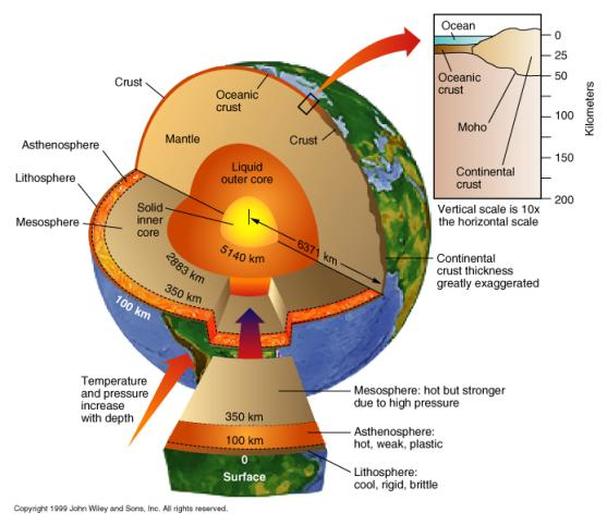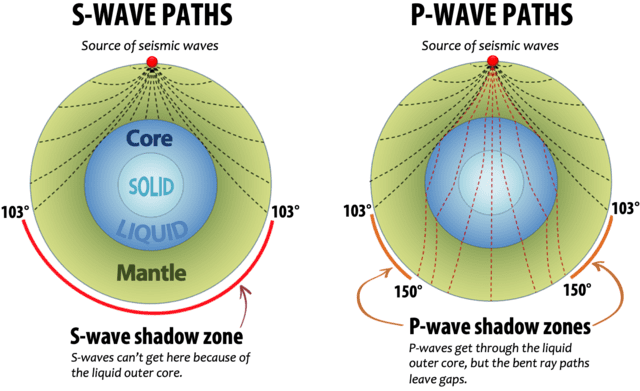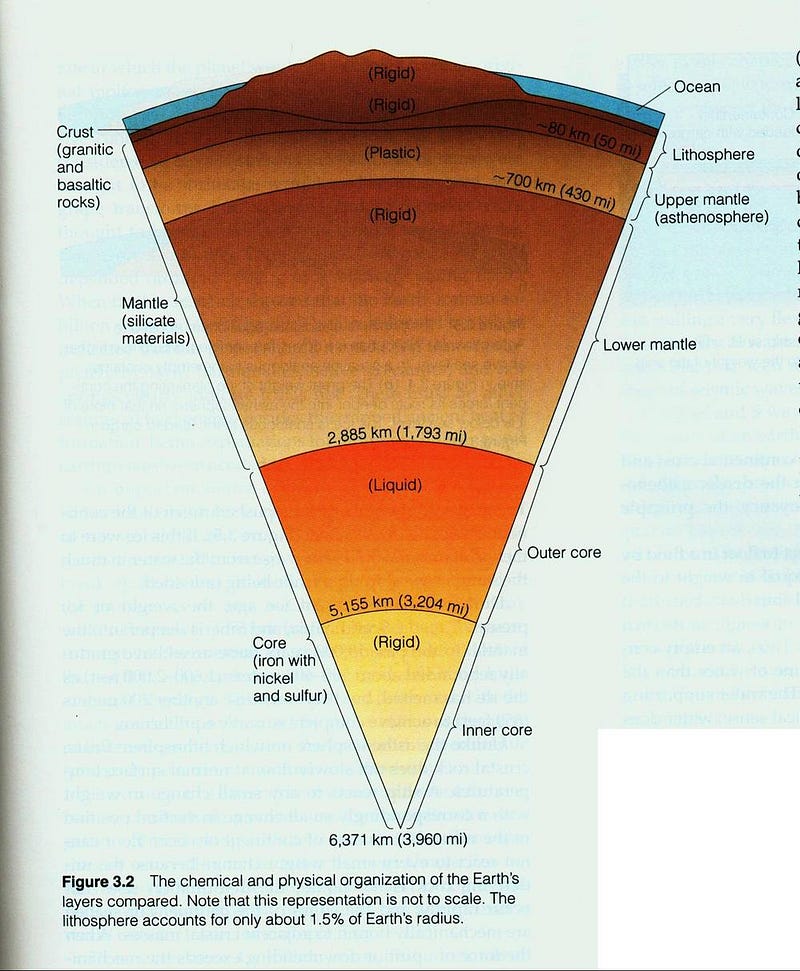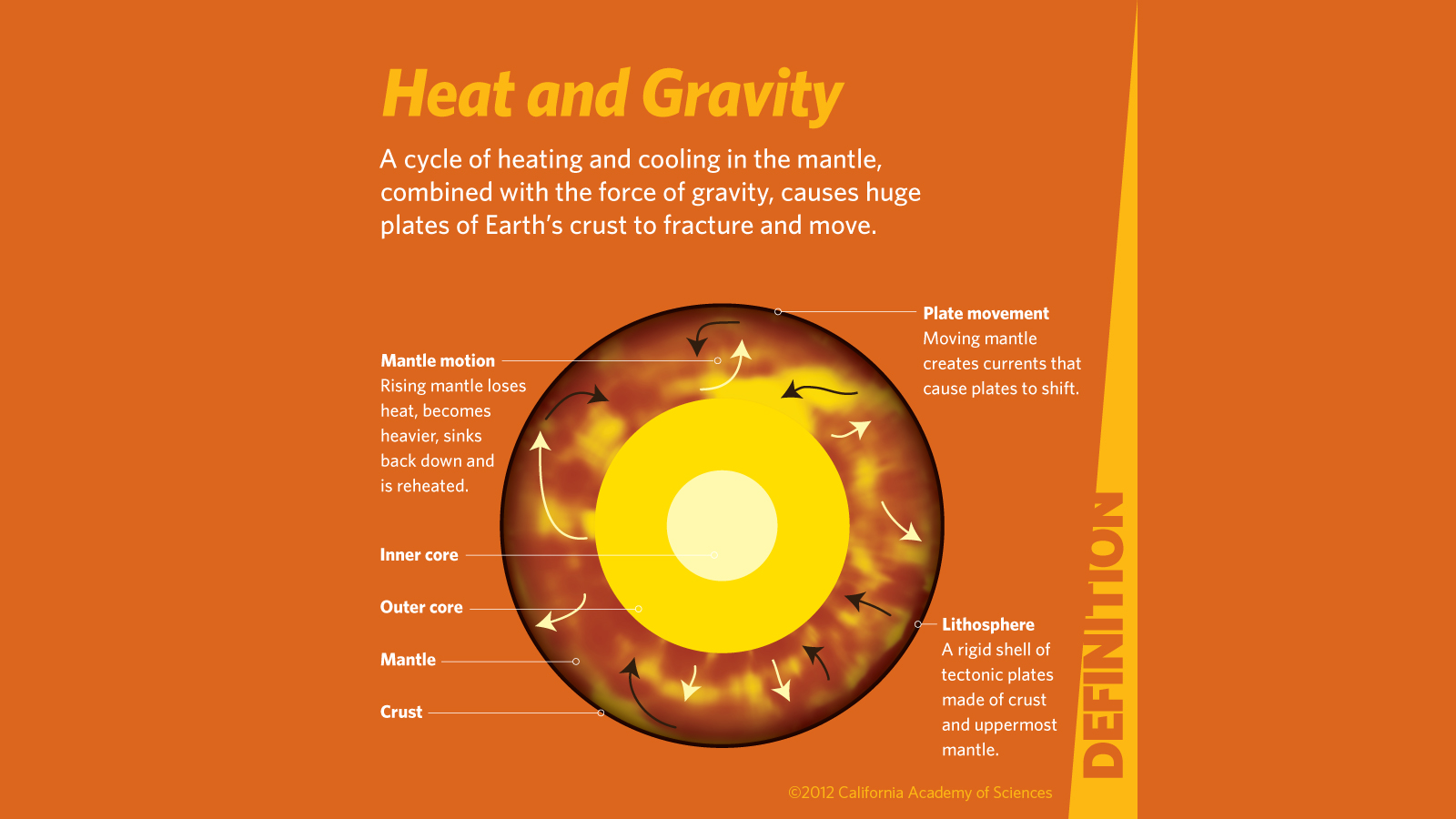This liquid layer of iron and nickel is 5,150km deep. The outer core flows around the centre of the Earth, and the movement of the metals creates our planet’s magnetic field. … This layer is up to 670km below the Earth’s surface. The lower part of the upper mantle is made from both solid and melted rock (liquid), while the rock in the
Earth’s Layer – MILLAH MUAZZAH’S BLOG
Earth is composed of multiple layers, which can be defined either by composition or by mechanical properties. The crust, mantle, and core are defined by differences in composition. The lithosphere, asthenosphere, mesosphere, and outer and inner cores are defined by differences in mechanical properties. a line or limit that divides one area from
Source Image: natkeneducation.blogspot.com
Download Image
The outer core This part of the core is also made from iron and nickel, just in liquid form. It sits some 5,180 to 2,880 kilometers (3,220 to 1,790 miles) below the surface. Heated largely by the radioactive decay of the elements uranium and thorium, this liquid churns in huge, turbulent currents.

Source Image: rukshanmaliq.blogspot.com
Download Image
Top 10 Facts About The Earth’s Outer Core – Discover Walks Blog The internal structure of Earth is the layers of the Earth, excluding its atmosphere and hydrosphere. The structure consists of an outer silicate solid crust, a highly viscous asthenosphere and solid mantle, a liquid outer core whose flow generates the Earth’s magnetic field, and a solid inner core .

Source Image: discoverwalks.com
Download Image
Which Of Earth’S Layers Is A Liquid
The internal structure of Earth is the layers of the Earth, excluding its atmosphere and hydrosphere. The structure consists of an outer silicate solid crust, a highly viscous asthenosphere and solid mantle, a liquid outer core whose flow generates the Earth’s magnetic field, and a solid inner core . Apr 30, 2023According to mechanical properties, Earth’s layers are the lithosphere, asthenosphere, lower mantle (also known as mesospheric mantle), outer core and inner core, according to Phys.org. We will
20 Amazing Facts About the Earth’s Inner Core – Discover Walks Blog
Earth’s Core. Earth’s core is subdivided into to zones based on their geophysical properties: an outer core and an inner core. Outer core: As discussed in section 3.6, the outer core is a liquid layer composed mostly of an iron-nickel alloy (a mixture with similar composition to metallic meteorites).Convective flow within the outer core generates Earth’s magnetic field. Diagram Earth’s Layers Royalty-Free Images, Stock Photos & Pictures | Shutterstock

Source Image: shutterstock.com
Download Image
Layers of the Earth – Maggie’s Science Connection Earth’s Core. Earth’s core is subdivided into to zones based on their geophysical properties: an outer core and an inner core. Outer core: As discussed in section 3.6, the outer core is a liquid layer composed mostly of an iron-nickel alloy (a mixture with similar composition to metallic meteorites).Convective flow within the outer core generates Earth’s magnetic field.

Source Image: maggiesscienceconnection.weebly.com
Download Image
Earth’s Layer – MILLAH MUAZZAH’S BLOG This liquid layer of iron and nickel is 5,150km deep. The outer core flows around the centre of the Earth, and the movement of the metals creates our planet’s magnetic field. … This layer is up to 670km below the Earth’s surface. The lower part of the upper mantle is made from both solid and melted rock (liquid), while the rock in the

Source Image: millahmillanomuazzah.home.blog
Download Image
Top 10 Facts About The Earth’s Outer Core – Discover Walks Blog The outer core This part of the core is also made from iron and nickel, just in liquid form. It sits some 5,180 to 2,880 kilometers (3,220 to 1,790 miles) below the surface. Heated largely by the radioactive decay of the elements uranium and thorium, this liquid churns in huge, turbulent currents.

Source Image: discoverwalks.com
Download Image
Why the Earth has a liquid core – Big Think Crust, mantle, core, lithosphere, asthenosphere, mesosphere, outer core, inner core. Created by Sal Khan. Questions Tips & Thanks Want to join the conversation? Sort by: Top Voted DJash44 11 years ago If the core contains liquid, why doesn’t the earth collapse into itself there?

Source Image: bigthink.com
Download Image
MESSENGER Data Reveal That Mercury’s Inner Core Is Solid The internal structure of Earth is the layers of the Earth, excluding its atmosphere and hydrosphere. The structure consists of an outer silicate solid crust, a highly viscous asthenosphere and solid mantle, a liquid outer core whose flow generates the Earth’s magnetic field, and a solid inner core .

Source Image: news.climate.columbia.edu
Download Image
From Core to Crust: Defining Earth’s Layers | Exploring Earthquakes Apr 30, 2023According to mechanical properties, Earth’s layers are the lithosphere, asthenosphere, lower mantle (also known as mesospheric mantle), outer core and inner core, according to Phys.org. We will

Source Image: calacademy.org
Download Image
Layers of the Earth – Maggie’s Science Connection
From Core to Crust: Defining Earth’s Layers | Exploring Earthquakes Earth is composed of multiple layers, which can be defined either by composition or by mechanical properties. The crust, mantle, and core are defined by differences in composition. The lithosphere, asthenosphere, mesosphere, and outer and inner cores are defined by differences in mechanical properties. a line or limit that divides one area from
Top 10 Facts About The Earth’s Outer Core – Discover Walks Blog MESSENGER Data Reveal That Mercury’s Inner Core Is Solid Crust, mantle, core, lithosphere, asthenosphere, mesosphere, outer core, inner core. Created by Sal Khan. Questions Tips & Thanks Want to join the conversation? Sort by: Top Voted DJash44 11 years ago If the core contains liquid, why doesn’t the earth collapse into itself there?